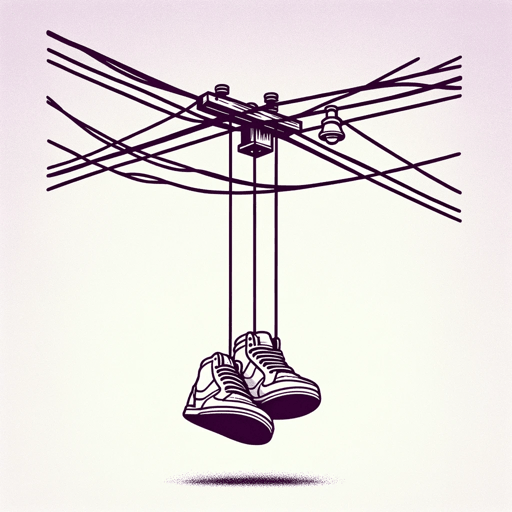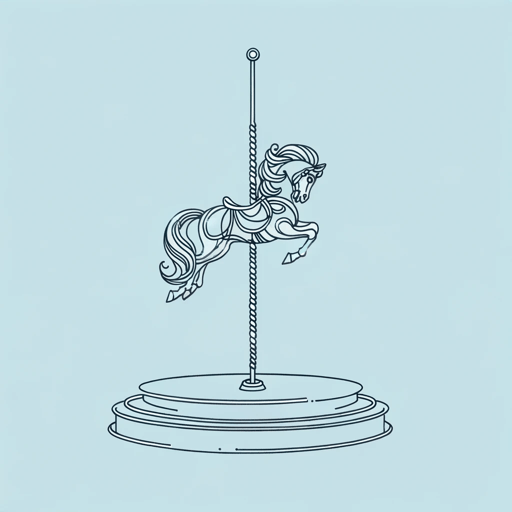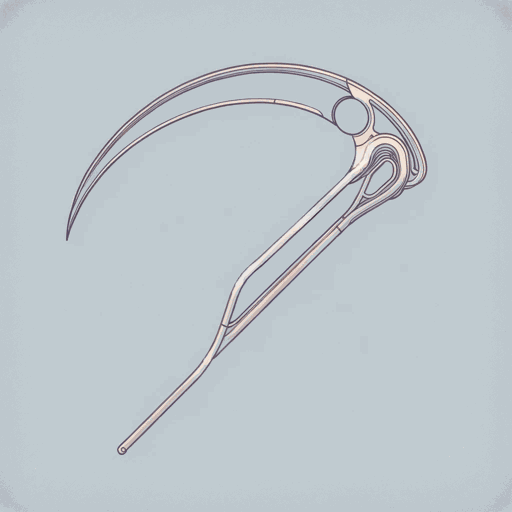91 pages • 3 hours read
Neal ShustermanChallenger Deep
Fiction | Novel | YA | Published in 2015A modern alternative to SparkNotes and CliffsNotes, SuperSummary offers high-quality Study Guides with detailed chapter summaries and analysis of major themes, characters, and more. For select classroom titles, we also provide Teaching Guides with discussion and quiz questions to prompt student engagement.
Important Quotes
“There are two things you know. One: You were there. Two: You couldn’t have been there.”
(Chapter 1 , Page 1)
Caden knows that he is in his bedroom, but he also knows that he was on the ship. His house, however, is far from any sea, and there are no signs in his ordinary life that the Captain, the Parrot, or the ship exist. Caden experiences two contradictory realities at the same time, resulting in mental torment. He has no choice but to believe things that seem as real to him as the ship does.
“You're supposed to put your coin in the slot and let it go. It spins round and round the big yellow funnel for like a minute, making a rhythmic whirring sound that gets tighter and tighter, more intense, more desperate as it spirals closer to the hole. It keeps spinning faster—all that kinetic energy forced down the neck of the funnel until it's blaring like an alarm—then it falls silent as it drops into the black abyss of the funnel. I'm that coin on its way down, screaming in the neck of the funnel, with nothing but my own kinetic energy and centrifugal force keeping me from dropping into darkness.”
(Chapter 7, Page 10)
Caden starts the novel feeling that he has no control, a victim of forces that he cannot influence. He also believes that his path will have a negative outcome, leading to inevitable darkness.
“‘To name her is to sink her,’ he told me. ‘That which we name takes greater weight than the sea it displaces. Ask any shipwreck.’”
(Chapter 9, Page 13)
The Captain does not give the ship a name because he does not want to attach harmful labels to her. Later, this theme recurs in the discussion of Caden’s diagnosis, and whether he wants to know what it is. Once a condition has a label, it comes with a set of assumptions and preset symptoms. Accepting a label also gives people the power to fight against something specific, rather than simply struggling to feel better, or more normal.
Related Titles
By Neal Shusterman

Bruiser
Neal Shusterman

Downsiders
Neal Shusterman

Dry
Neal Shusterman, Jarrod Shusterman

Everlost
Neal Shusterman

Full Tilt
Neal Shusterman

Game Changer
Neal Shusterman

Scythe
Neal Shusterman

Tesla's Attic
Neal Shusterman, Eric Elfman

The Dark Side of Nowhere
Neal Shusterman

The Schwa Was Here
Neal Shusterman

Thunderhead
Neal Shusterman

UnWholly
Neal Shusterman

Unwind
Neal Shusterman

